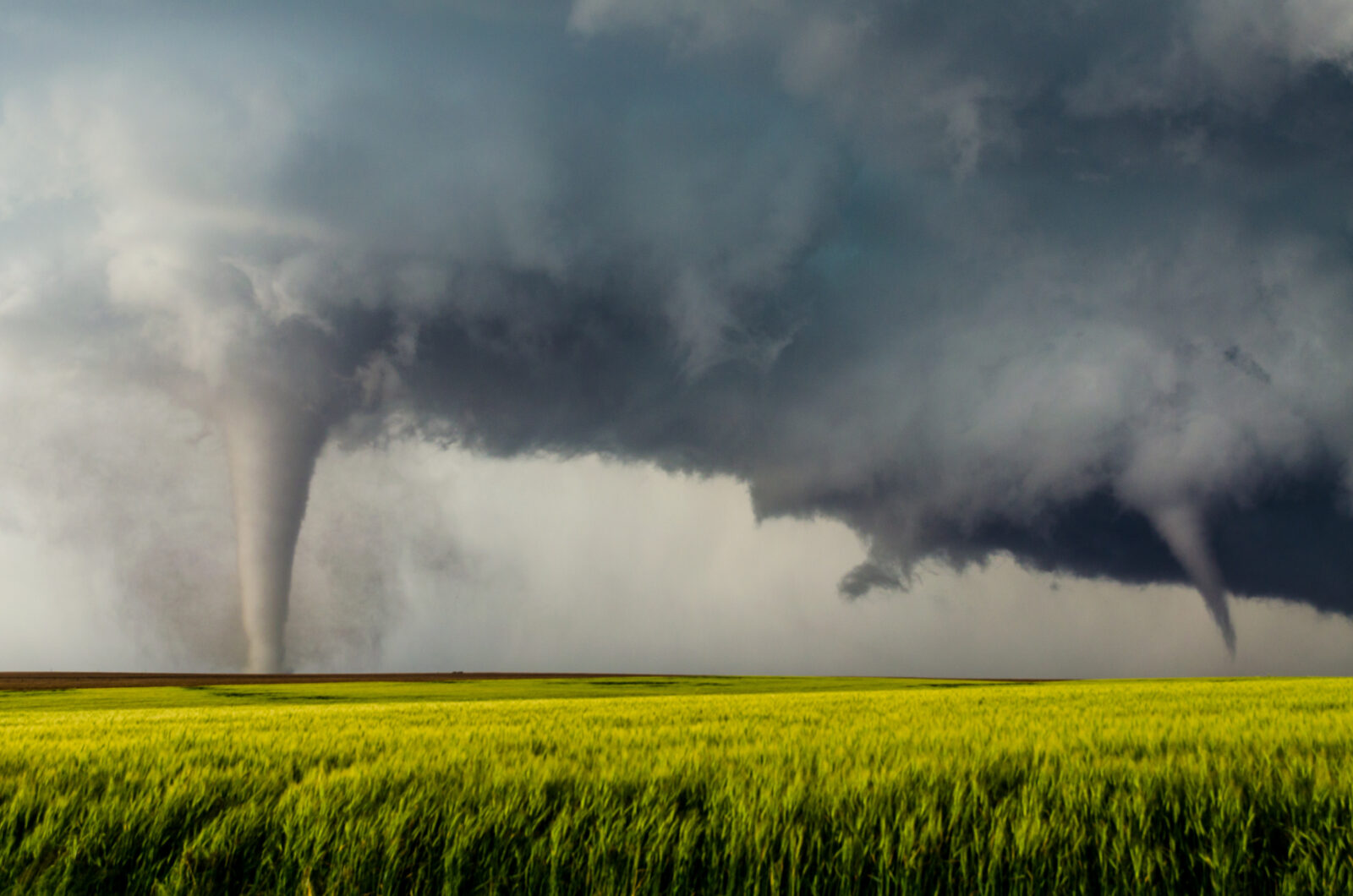Homeless by Tornado
Crossposted at Fix HomelessnessPerryton, a Texas panhandle city of 8,000, sits 17 miles south of the Oklahoma state line. Until June 15 it had almost zero homelessness, because two of the major causes of homelessness — overwhelming addiction and high housing prices — were not present. On June 15 a tornado wiped out 418 homes, more than ten percent of Perryton’s housing stock — and it still had no visible homelessness, as measured by people sleeping on the streets or in shelters. (There isn’t one in Perryton.)
How can that be? I’ve just visited Perryton, so I’ll take a time-out from my California series to report on what happened and what hasn’t happened. I’ll come back to San Francisco and Orange County in September.
Let’s look at causes of homelessness. Substance abuse is a big one through much of the U.S., but users like to be close to cocaine, heroin, and methamphetamine dealers who rarely hang out in little cities: Amarillo, with 200,000 people 117 driving miles away from Perryton, is more like it.
Sure, some Perryton residents get drunk on Saturday night, but it’s a hard-working city and they are usually sober by Monday morning. Marijuana is often a starter path to substance abuse, but “medical” marijuana is widely available just across the border in Oklahoma, so why risk arrest in Perryton?
“Housing cost” is the cause of homelessness that gets the most publicity, but the census bureau pinned the median monthly rent in Perryton from 2017 to 2021 at only $868. (Average in Texas overall: $1,167. Average in San Francisco: $2,134.) Twenty percent of Perryton residents lived in a house (mostly mobile homes) valued at less than $50,000: a two-bedroom could be rented for $450 per month.
Perryton’s two most prominent citizens are Kerry Symons, the mayor, and John Erickson, author of eighty “Hank the Cowdog” books that children love. Neither was aware of any homeless people in Perryton until June 15: Symons said there might be two, but he thought they slept in garages.
Then, just after five, an EF3 tornado with winds of about 140 miles per hour struck northwest Perryton. The tornado headed southeast, destroying dozens of mobile homes and hitting city hall and the local fire station. Two beloved elderly women died: Becky Randall, 66, in the printshop she owned, and Cindy Bransgrove, 67, who volunteered to help the poor. Her corpse lay amid the rubble of what had been Jireh Outreach Ministries.
Also dead: Matthew Ramirez, 11, his body blown 150 feet. Perryton Fire Chief Paul Dutcher said he remembers Matthew’s mother screaming, “Mi jiho, mi jiho” (my son, my son). Another Ramirez, Bella, let viewers of television news know how she and her two children reacted: “the roof started ripping off. I covered both of their eyes and held on as tight as I could and just prayed for it to be over. My 3-year-old was screaming at the top of her lungs. We are genuinely blessed to be alive.”
The next day ABC, CBS, NBC, and the Texas Tribune all showed the sights: An entire mobile home park leveled. Walls of crumpled sheet metal wrapped around telephone poles. Bricks lying on the street. Air conditioning units dangling off buildings. Some accounts noted the smell of natural gas. Earwitnesses spoke of sounds like that of a roaring train — and the screams.
Mayor Symons told me about a mother able to hold onto her smaller child as the tornado hit but not her older one. She frantically looked, and there he was moving around in the rubble and saying, “I’m OK, I’m OK—the man in the white robe lay on top of me and protected me.” Symons spoke of one child crouching in a car that was the only vehicle not destroyed on a block the tornado hit hard. He told of one woman who talked with him but always kept her hand over her mouth: turned out she had lost her dentures.
Perryton lost not only those 418 homes, by the count of Mayor Symons, but also 92 businesses. That should translate into lots of homeless people. But it hasn’t, according to my own observation in mid-August, the mayor’s accounting, and the assessment of Chris Samples, owner of Perryton radio station KXDJ. None of us saw anyone sleeping outside. Some Perryton residents have lived in their houses with boarded-up windows and tarps replacing roofs.
But where have the others gone? (to be continued)
